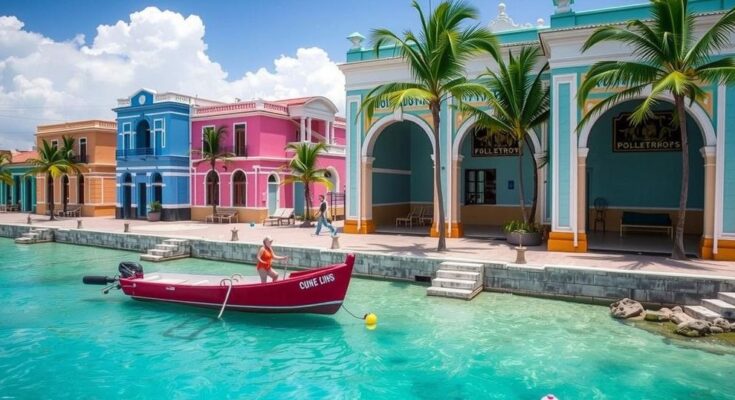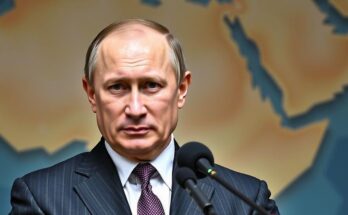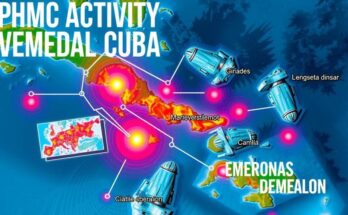Cuba’s tourism sector braces for impact as Sunwings Vacations removes 26 hotels from its offerings due to a series of blackouts and aging energy infrastructure. With potential policy changes under a re-elected Trump administration, fears of increased sanctions loom, further complicating the struggling tourism landscape. Immediate attention to energy issues and restoring traveler confidence is essential for the island’s economic future.
In light of recent nationwide blackouts and a deteriorating energy infrastructure, Cuba’s tourism sector bracingly faces potential downturns as Canadian travel operator Sunwings Vacations Group announced the removal of 26 hotels from its offerings in Cuba. This decision comes as winter approaches and Canadian tourists, known for escaping frigid temperatures, consider their travel plans. With nearly one million Canadian visitors in the previous year, the implications for Cuba, heavily reliant on tourism for economic stability, are significant.
Following a spate of power outages attributed to aging energy systems, compounded by the destructive impact of Hurricane Rafael, consumer confidence may wane. Despite Sunwings maintaining that not all ties to Cuba are severed, the focus now shifts to alternative holiday destinations in the Dominican Republic, the Bahamas, and Colombia. Consequently, the island’s tourism, the main driver of foreign exchange alongside remittances, suffers a severe blow amid these ongoing challenges.
Furthermore, the anticipated re-election of Donald Trump and his prospective Secretary of State, Marco Rubio, raises concerns regarding heightened sanctions and further restrictions on travel to Cuba. Analysts predict that stricter policies could adversely affect tourist numbers, which have dwindled significantly since the Obama-era thawing of relations. With diminished occupancy rates and rising difficulties in providing quality experiences, there is growing skepticism regarding the Cuban government’s investment strategy.
Despite the challenges, Cuba remains an appealing destination, characterized by its unique culture and history. Yet, the ongoing energy crisis coupled with increasing geopolitical tensions makes it harder for potential tourists to overlook its pitfalls. To adapt, Cuba’s tourism industry must address pressing infrastructure issues to restore consumer confidence and safeguard its economic viability as it braces for potential policy shifts from an unfriendly US administration.
Cuba’s tourism industry is facing acute challenges stemming from recent blackouts, worsening its already strained energy infrastructure. Historically, the country has been a favored destination for Canadian tourists, particularly during the winter months when they seek warmer climates. However, following a series of detrimental events, including nationwide outages and natural disasters, the economic landscape for Cuba’s tourism sector appears precarious. The potential return of strict US sanctions under a Trump administration further compounds these difficulties, inducing concerns over the future viability of tourism in Cuba and its wider economic ramifications.
In summary, Cuba’s tourism industry is undergoing significant strain due to severe energy crises and potential future challenges presented by US policy shifts. With major Canadian operators redirecting tourists towards alternative destinations, the ramifications for Cuba’s economy, heavily reliant on tourism, are profound. Immediate action to address infrastructure deficiencies and restore confidence among potential visitors is critical to mitigate the repercussions of both internal challenges and external pressures from international relations.
Original Source: www.bbc.com




